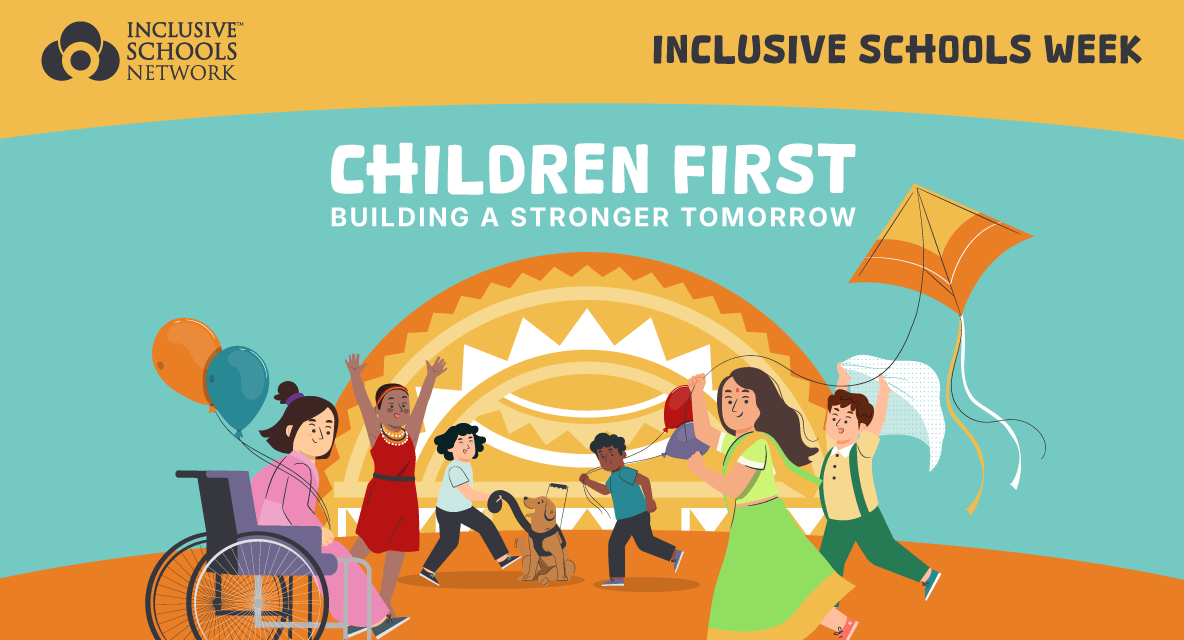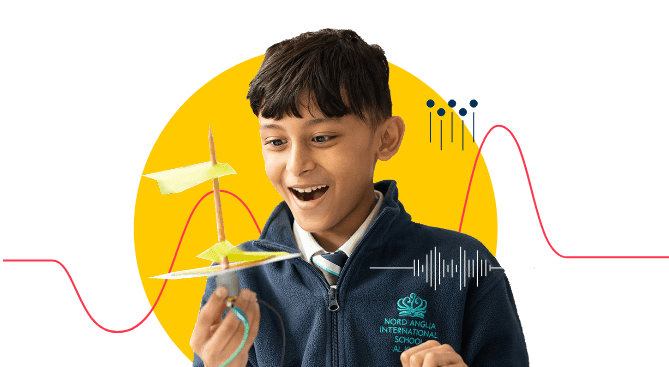Blog
Create Your Future!
Admissions are now open. Experience our learning environment firsthand with a free trial class.
 Blog | Primary
Blog | Primary Blog | Secondary | Student Work and Success
Blog | Secondary | Student Work and Success Blog | Primary
Blog | Primary News | Secondary | School Advice
News | Secondary | School Advice News | Whole School | Secondary | School News
News | Whole School | Secondary | School News News | Whole School
News | Whole School News | Sport
News | Sport Blog | Whole School | Secondary
Blog | Whole School | Secondary News | Secondary | School Advice
News | Secondary | School Advice News | Primary
News | Primary Blog | Primary | School Activities
Blog | Primary | School Activities